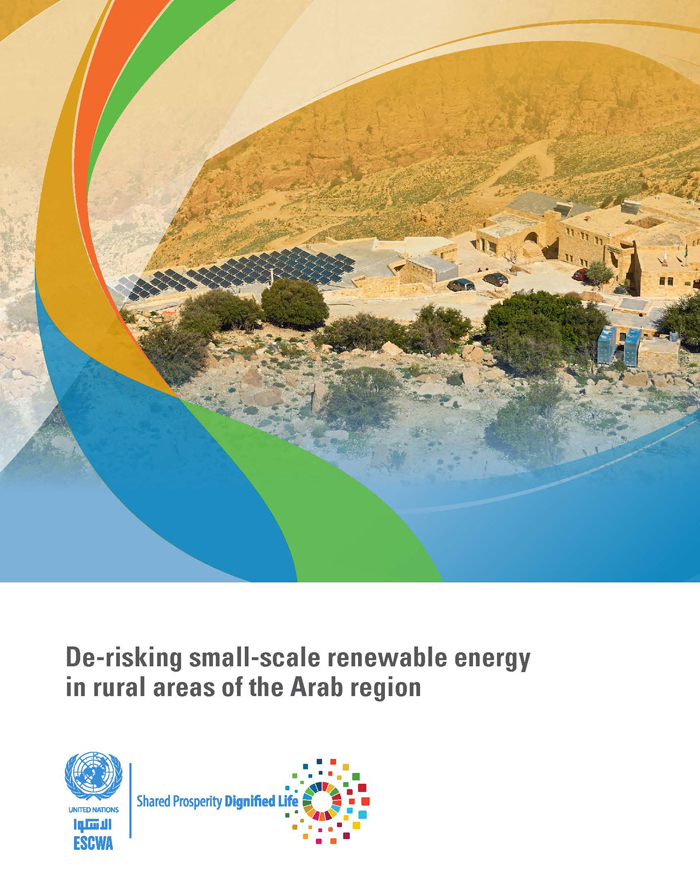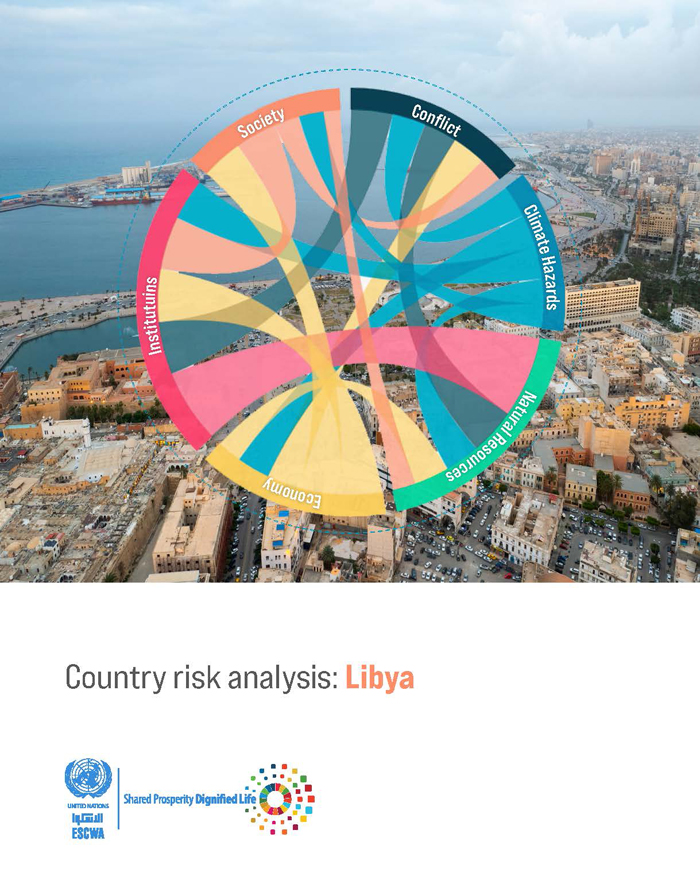
ESCWA Publication: E/ESCWA/CL1.CCS/2023/POLICY BRIEF.2
Country: Arab region
Publication Type: Policy briefs
Cluster: Climate Change and Natural Resource Sustainability
Focus Area: Climate change, Natural resource sustainability
Initiatives: Climate Resilience through Regional Cooperation
SDGs: Goal 1: No Poverty, Goal 2: Zero Hunger, Goal 3: Good Health and Well-Being, Goal 6: Clean Water and Sanitation, Goal 7: Affordable and Clean Energy, Goal 8: Decent Work and Economic Growth, Goal 9: Industry, Innovation and Infrastructure, Goal 11: Sustainable Cities and Communities, Goal 12: Responsible Production and Consumption, Goal 13: Climate Action, Goal 14: Life Below Water, Goal 15: Life On Land
Keywords: Green economy, Arab countries, Climate change, Natural resources, Energy resources, Gross domestic product, Sustainable development, Financing, Greenhouse gas emissions, Capacity building, Recycling, Biological diversity, Pollution
Accelerating circularity in the Arab region
July 2023
Circular economy is an economy in which products and materials are kept in use, and natural systems are regenerated. It supports the acceleration of the implementation of the 2030 Agenda for Sustainable Development and achieving the Paris Agreement targets. The circular economy holds particular promise for climate action with decreased emissions of greenhouse gases; sustainable use of water, land and oceans; diversification of the economy with increased work opportunities; and improved lifestyles with high-quality products, advanced access to products and services, and better health.
Transition to a circular economy is a systemic process that can be accelerated through political commitment, adequate policies, effective governance with strong institutions and adequate policies, sustainable financing mechanisms, capacity-building programmes, and a cross-sectoral engagement of all stakeholders and actors.
Related content
Climate change
, Natural resource sustainability
,
Circular economy is an economy in which products and materials are kept in use, and natural systems are regenerated. It supports the acceleration of the implementation of the 2030 Agenda for Sustainable Development and achieving the Paris Agreement targets. The circular economy holds particular promise for climate action with decreased emissions of greenhouse gases; sustainable use of water, land and oceans; diversification of the economy with increased work opportunities; and improved lifestyles with high-quality products, advanced access to products and services, and better health.
Transition to a circular economy is a systemic process that can be accelerated through political commitment, adequate policies, effective governance with strong institutions and adequate policies, sustainable financing mechanisms, capacity-building programmes, and a cross-sectoral engagement of all stakeholders and actors.



